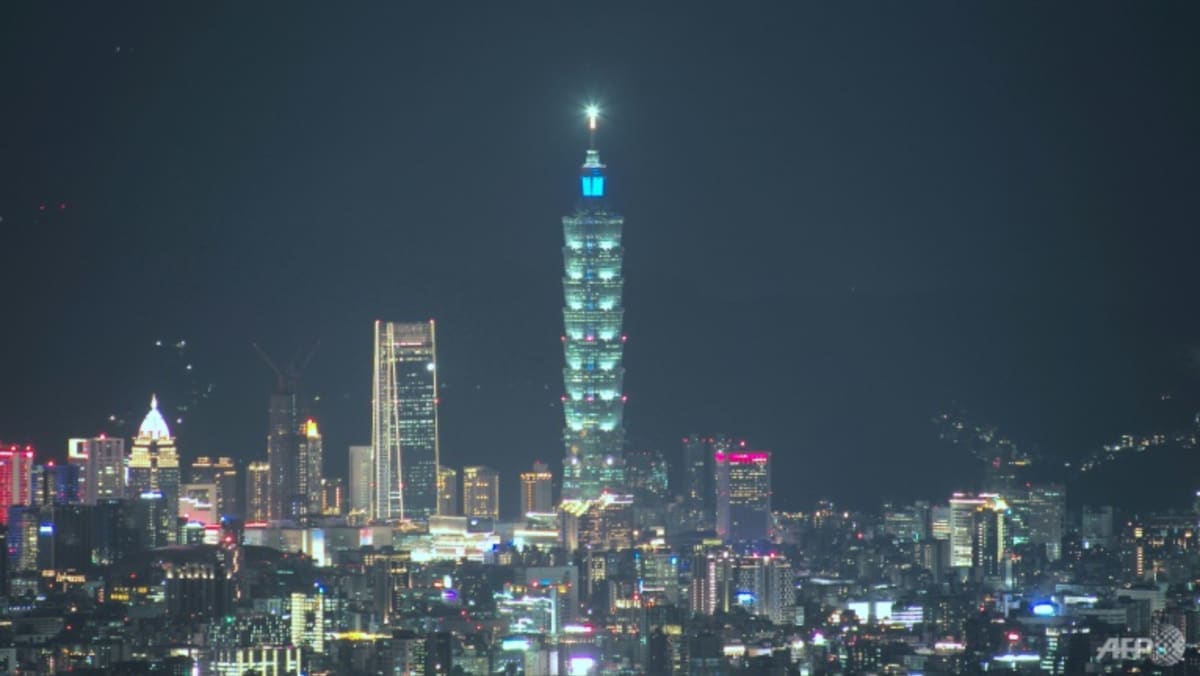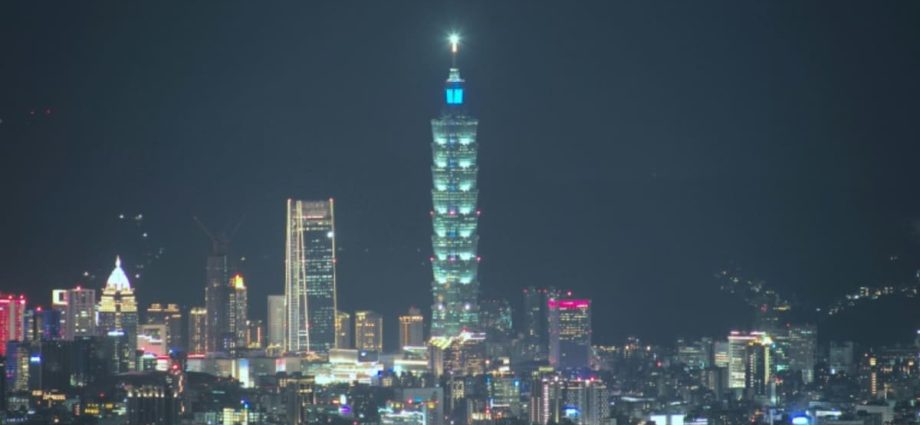
TAIPEI: Taiwan has rejected applications by Chinese tourism officials to enter the island for an international travel fair next month, authorities said on Thursday (Jun 29), citing the current “cross-strait situation” with China.
China views self-ruled Taiwan as part of its territory – to be seized one day, by force if necessary – and exchanges between the two sides had tapered off due to political tensions as well as pandemic-driven border closures.
Taiwan reopened its borders to most tourists in October, but those from China remain barred. The island also does not allow tour groups from its territory to enter China, though individual travellers are free to do so.
Organisers of the Taipei International Summer Travel Exposition had invited provincial tourism officials from China, but their applications were rejected “after taking into consideration the overall cross-strait situation”, the National Immigration Agency said on Thursday.
“There are doubts over the necessity, urgency and irreplaceability of their participation, and therefore their applications are not approved,” it said in a statement.
Taiwan’s Mainland Affairs Council – which handles cross-strait issues – said about 70 officials had their entry permits denied.
But “nearly 200 (tourism) operators and actors” from China were still attending the fair, said spokesman Jan Jyh-horng.
China’s Taiwan Affairs Office had on Wednesday criticised Taipei for the travel restrictions on group tours from Taiwan to China.
“They should face up to the wishes and expectations of the majority of Taiwanese people and the tourism industry, and lift the unreasonable restrictions on group tours,” said spokeswoman Zhu Fenglian.
She added that Taiwan should also “create conditions for cross-strait tourism industry exchanges”.
But Jan on Thursday said there had been cases of Taiwanese people facing “all kinds of harassment, detention and unfriendly treatment” since Beijing reopened borders in January.
“Since the beginning of this year, there are people who have remained unaccounted for and have not been released or who were sent back on the same flights”, he said, declining to elaborate on the number of cases.
He added that scholars and experts have increasingly voiced concern about travelling to China for seminars or meetings.
“We certainly hope that mainland China will improve their travel environment as soon as possible.”
In April, Li Yanhe – a China-born publisher based in Taiwan whose printing house has released books critical of the Chinese Communist Party – was reported missing when he visited Shanghai.
Beijing later confirmed Li had been placed under investigation for “endangering national security”.
Since 2016, Taiwan has experienced a sharp drop in tourism from China after President Tsai Ing-wen – who rejects China’s claim over the island – took office.

